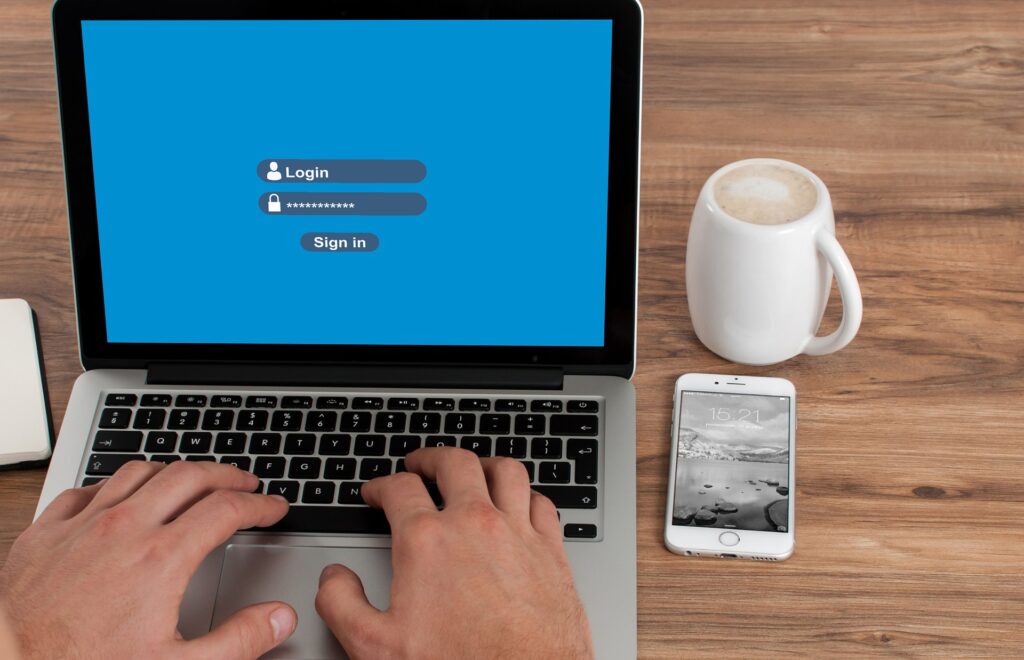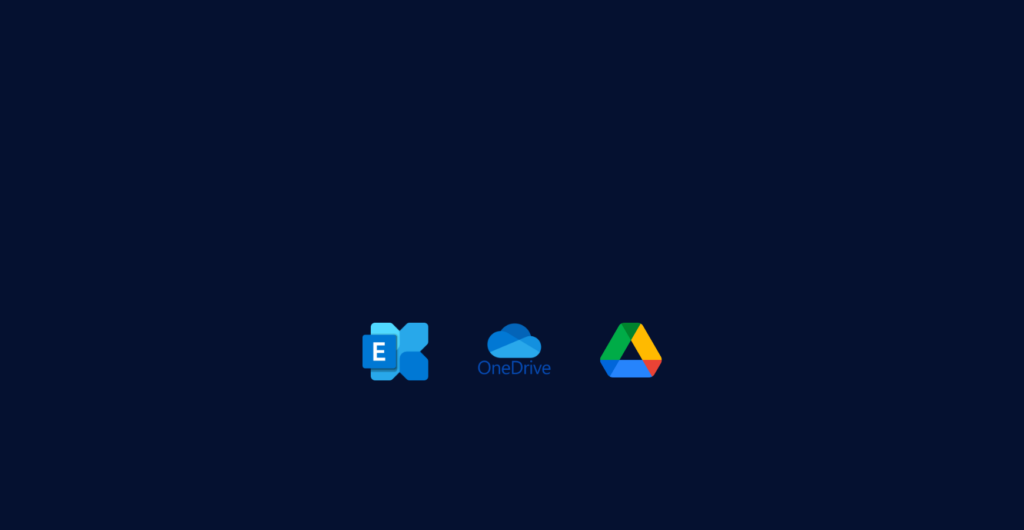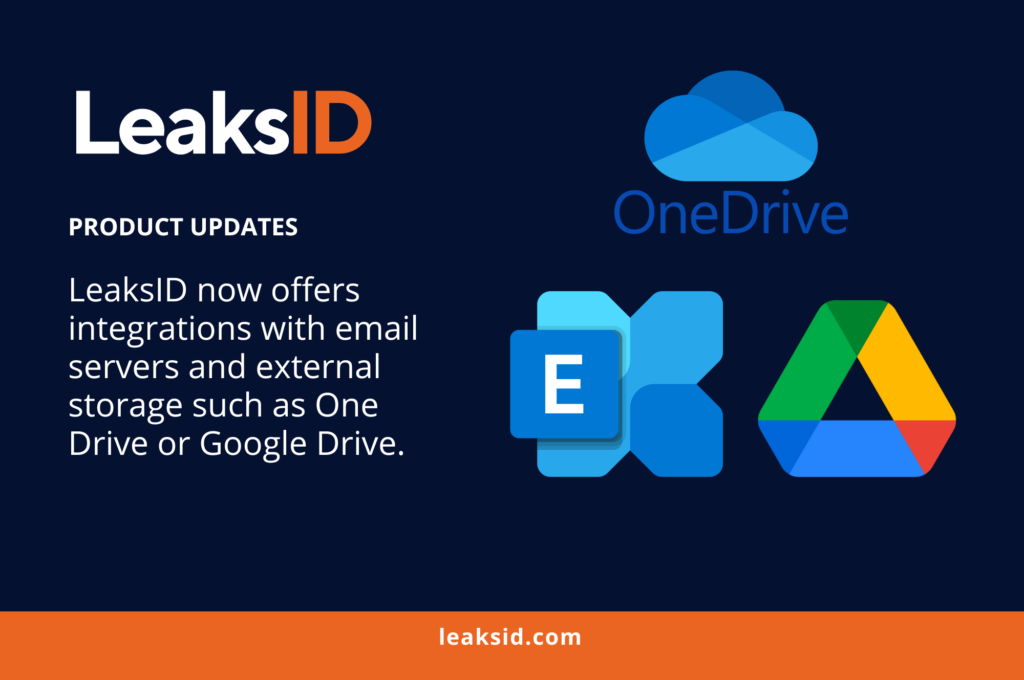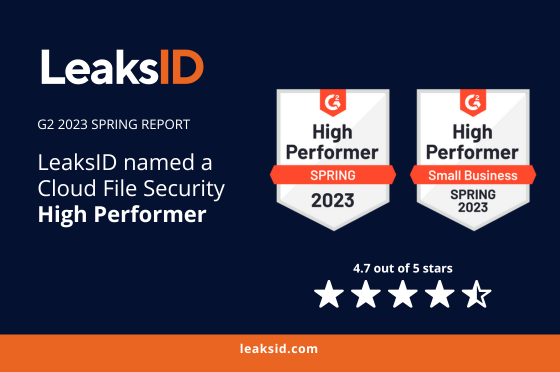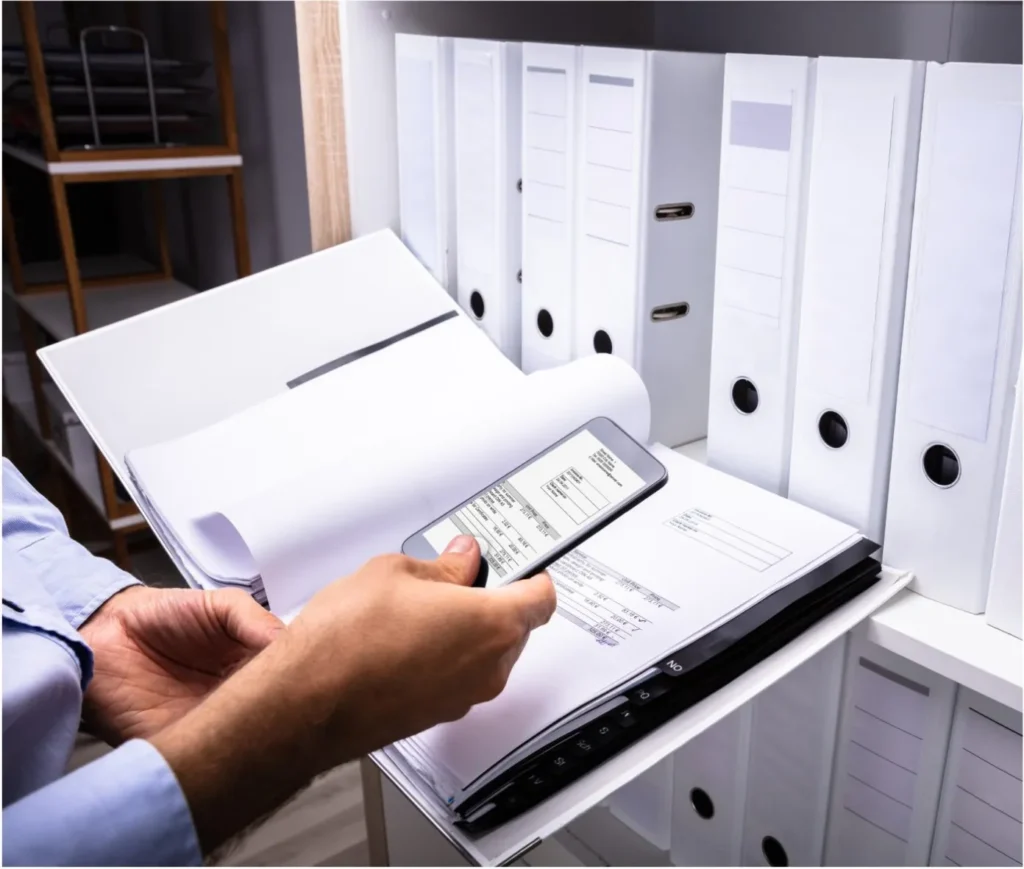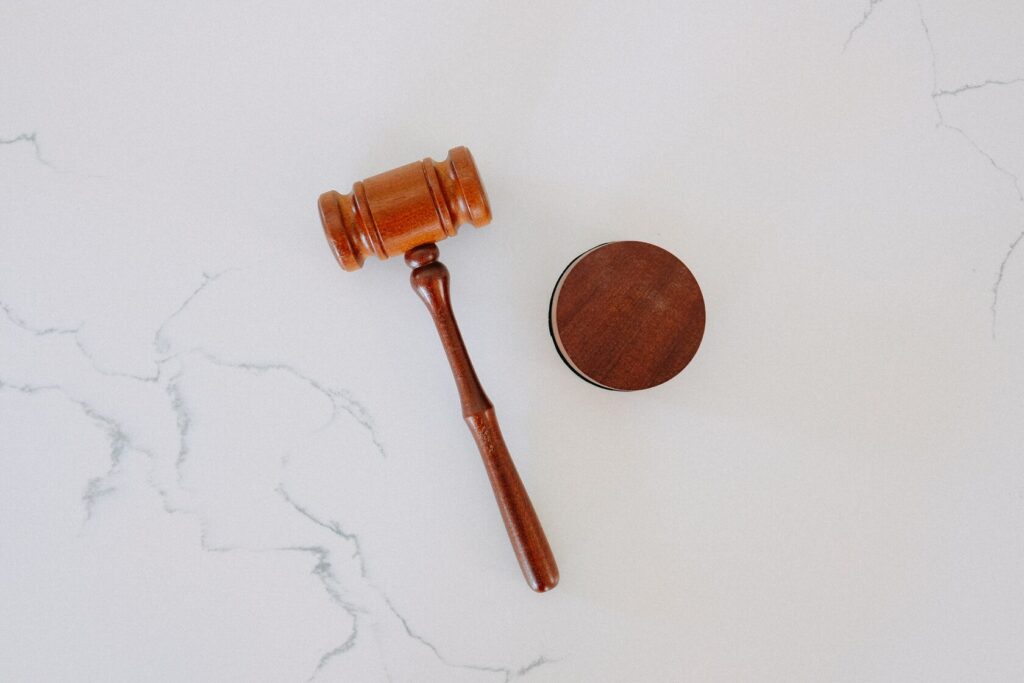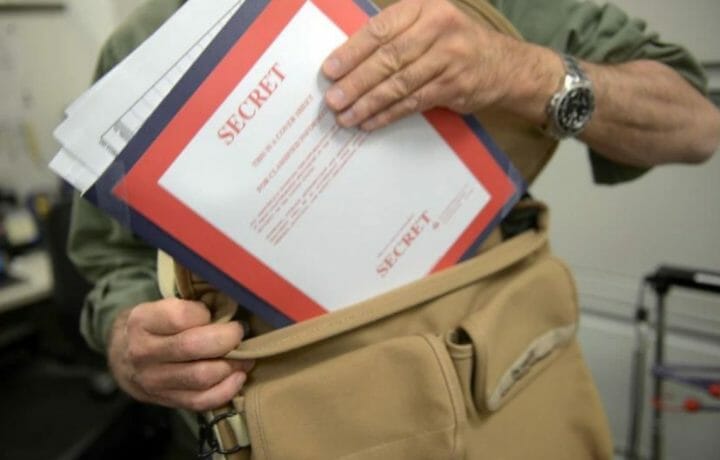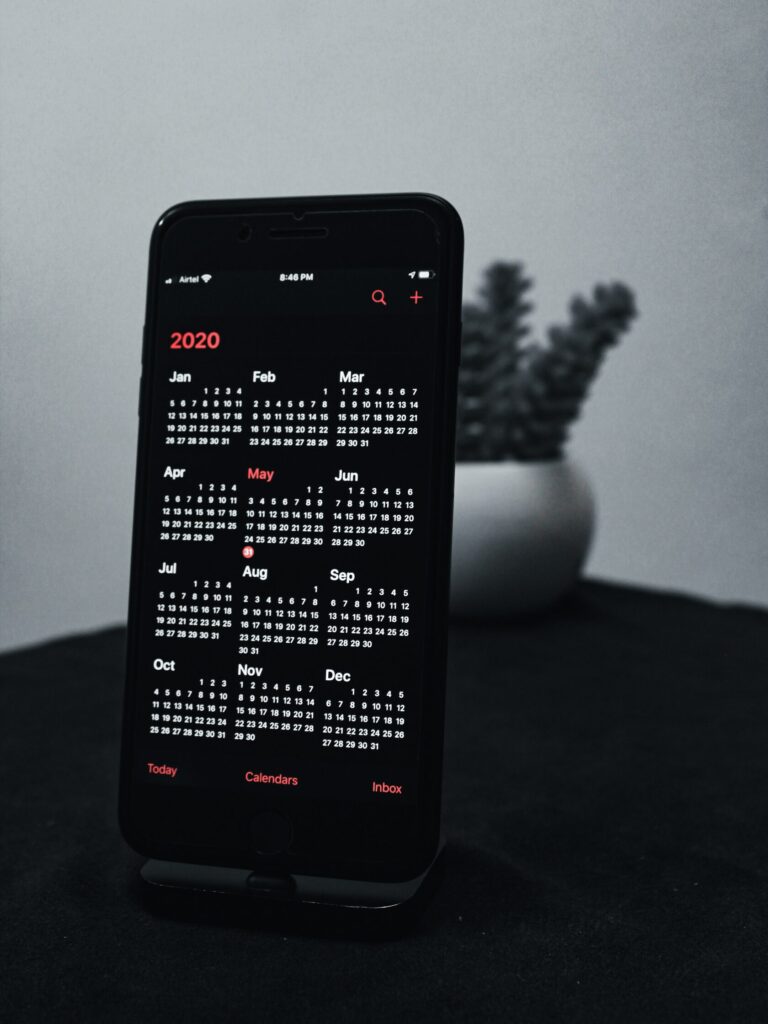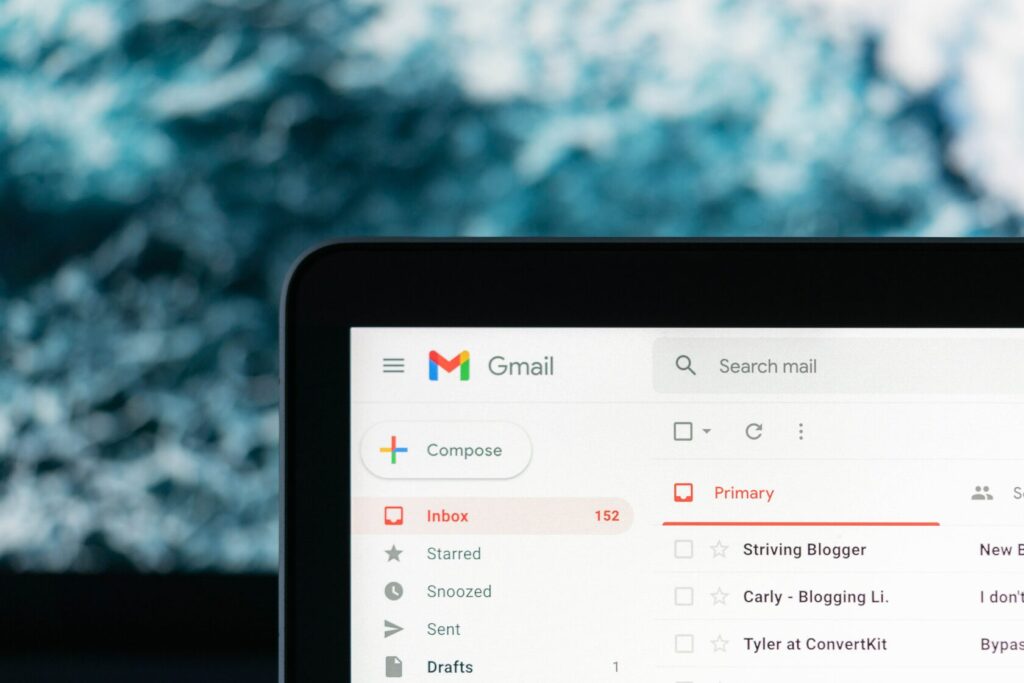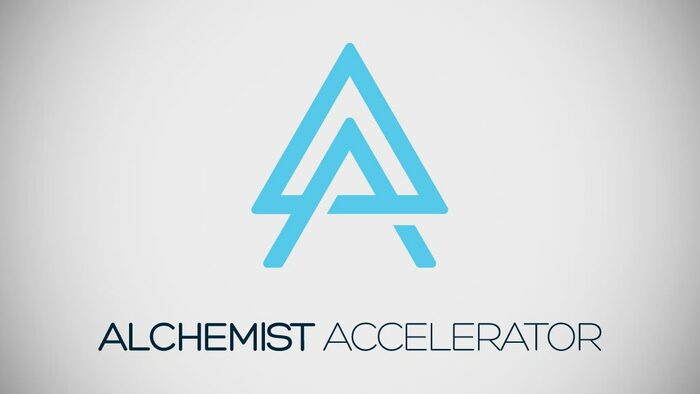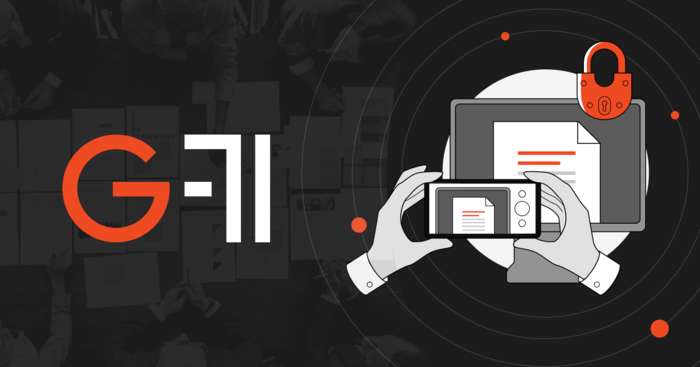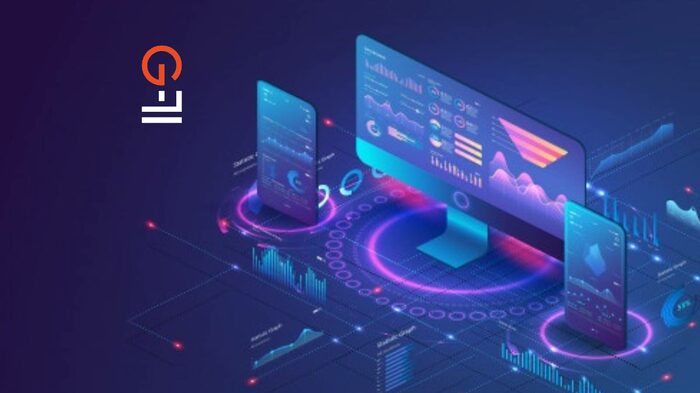Due diligence is a critical process that organizations undertake before entering into significant transactions such as mergers, acquisitions, or partnerships. The due diligence process is designed to evaluate the risks and potential liabilities associated with a particular transaction. This process involves gathering and analyzing a large amount of information about the target company or asset.
The due diligence process typically involves several stages. The first stage is the planning stage, where the acquiring company defines the scope of the due diligence process and identifies the key areas of concern. The second stage is the information-gathering stage, where the acquiring company requests and receives information from the target company. This information may include financial statements, contracts, legal documents, intellectual property information, and other relevant data. The third stage is the analysis stage, where the acquiring company reviews and analyzes the information received from the target company. This analysis helps to identify potential risks and liabilities associated with the transaction.
One of the major difficulties that arise during the due diligence process is security. The acquiring company must ensure that the information received from the target company is accurate and complete. At the same time, the acquiring company must also ensure that this information is kept confidential and secure. Any breach of this confidentiality could lead to significant financial and reputational damage.
To make the due diligence process secure for all parties involved, the following steps can be taken:
- Confidentiality agreements: All parties involved in the due diligence process should sign confidentiality agreements to ensure that any sensitive information exchanged during the process is not shared with unauthorized parties.
- Use secure communication channels: It’s essential to use secure communication channels, such as encrypted email or virtual data rooms, to exchange documents and other information during the due diligence process.
- Conduct background checks: Conducting background checks on all parties involved in the transaction can help identify any potential red flags or risks.
- Hire independent third-party experts: Hiring independent third-party experts, such as lawyers, accountants, and consultants, can help ensure that the due diligence process is conducted objectively and impartially.
- Review and verify all information: It’s crucial to review and verify all information provided during the due diligence process to ensure its accuracy and completeness.
- Follow due diligence checklists: Following due diligence checklists can help ensure that all important areas are covered during the investigation.
- Set clear expectations: Setting clear expectations and timelines for the due diligence process can help ensure that all parties involved are on the same page and can avoid misunderstandings.
By taking these steps, the due diligence process can be made more secure for all parties involved, and potential risks can be identified and mitigated before the transaction is completed.
The Significance of Virtual Data Rooms (VDRs) in Conducting Due Diligence
VDR, or Virtual Data Room, plays a crucial role in ensuring the security of due diligence processes. Due diligence refers to the investigation or audit of a potential investment or product to confirm all facts, risks, and opportunities before proceeding with a transaction. Due diligence can involve sensitive and confidential information, and VDRs provide a secure platform to store and share this data with only authorized parties.
VDRs are online repositories that enable secure storage, sharing, and management of confidential documents and data during due diligence processes. The data is stored in an encrypted format, making it inaccessible to unauthorized users. The encryption and other security measures implemented by VDRs help protect against data breaches and unauthorized access, ensuring that the data remains secure and confidential.
In addition to security, VDRs also facilitate due diligence processes by providing features such as version control, access control, and audit trails. Version control enables users to keep track of changes made to documents, ensuring that the most up-to-date information is being reviewed. Access control allows administrators to restrict access to documents to only authorized users, ensuring that confidential data is only shared with those who need to see it. Audit trails provide a record of all user activity, allowing administrators to monitor and track the actions of users, helping to prevent any unauthorized activity.
VDRs are particularly useful for due diligence in mergers and acquisitions, where the exchange of sensitive information is critical. They also play an essential role in other areas, such as legal due diligence, real estate transactions, and fundraising activities. With VDRs, companies can ensure the confidentiality, integrity, and availability of their data, which is critical for any due diligence process.
Here are some key specifics of VDRs for due diligence:
- Security: VDRs are designed to provide high-level security and protection of confidential information during due diligence. They use various security measures like data encryption, multi-factor authentication, and access control to ensure that only authorized parties can access the information.
- Centralized access: VDRs provide centralized access to all relevant documents and information, making it easy for parties involved in the due diligence process to find and review the required documents.
- Document control: VDRs provide document control features such as version control, document expiry, and watermarking, which allow the document owner to have control over who views, edits, or downloads the document.
- Collaboration: VDRs facilitate collaboration among parties involved in the due diligence process. They allow parties to make comments, raise questions, and provide answers in real-time, making the process more efficient.
- Audit trails: VDRs provide detailed audit trails that capture all activities and actions taken in the VDR, including who accessed what document and when.
- Reporting: VDRs provide reporting capabilities, which allow the owner to generate reports on the usage and activity within the VDR.
- Customization: VDRs are customizable, and the owner can configure the VDR to meet the specific needs of the due diligence process.
Enhancing Cybersecurity Due Diligence with LeaksID
One of the new entrants in the field of virtual data room (VDR) providers is LeaksID. LeaksID offers a cloud-based platform that boasts advanced security features to ensure the confidentiality and integrity of the due diligence process. Its security features include two-factor authentication, watermarks, digital rights management, document expiry, and an innovative feature – invisible document marking to provide an additional deterrence effect (video).
These features help prevent unauthorized access and ensure that sensitive information is only accessible to authorized parties. LeaksID VDR also offers a range of sharing tools to facilitate communication and collaboration between acquiring and target companies. These tools include the ability to send documents directly from the system by simply specifying an email address or creating a shared link for a specified number of people.
What’s important is that in both cases, recipients receive a link to the document, which, when clicked, shows a personalized and enriched copy marked with invisible labels. If someone tries to compromise the received file by taking a screenshot or photo, the compromised fragment can be used to detect the source of the leak.
In addition to these features, LeaksID provides all the necessary standard functions for the due diligence process, including creating separate workspaces (e.g., for each department), managing permissions (over 10 editable options), and generating user activity reports (try for free).
In conclusion, the due diligence process is a critical step in any major transaction, and it is essential to ensure that the process is conducted securely and confidentially. Virtual data rooms such as LeaksID provide advanced security features that help to protect against data breaches and ensure the confidentiality and integrity of the due diligence process. By using these tools, organizations can conduct due diligence with confidence, knowing that their sensitive information is secure.











